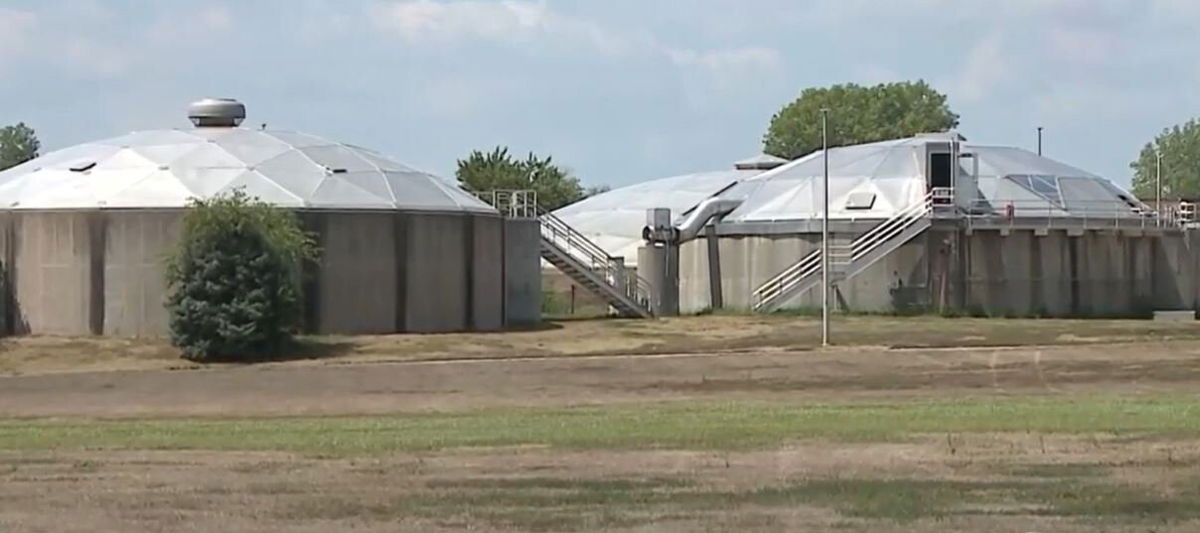Omaha’s $20 million plan to turn wastewater into a revenue source

Omaha's $20 million plan to turn wastewater into a revenue source
By Bill Schammert
Click here for updates on this story
OMAHA, Nebraska (KETV) — A new public works project is giving the term “flushing money down the toilet” new meaning for Omaha and surrounding communities.
On August 16, the Omaha City Council approved a $20 million Biogas Conditioning Project to capture and clean the gas naturally created during the wastewater treatment process at the Papillion Creek Water Resource Recovery Facility.
“We take dirty water and make clean water,” said Michael Arends, the manager of water resource recovery engineering and remote facilities.
It’s a simple explanation for a complicated process. Arends notes the facility treats over 60 million gallons of wastewater a day and covers an area of 600,000 people in the Omaha Metro.
“The byproducts are solid material, which we stabilize,” Arends said. “We make fertilizer of sorts and we get the gas from the product and we reuse that for energy.”
It’s something they’ve done for 40-plus years to help the power and fuel the facility. Now, the city wants to sell that biogas.
“The biogas conditioning will further clean our biogas so that it makes it pipeline quality renewable natural gas,” he said.
The gas will make for a solid return in the form of renewable energy credits. Arends expects it to generate $5 to $7 million per year.
The gas will be sent to Black Hills Energy, who’s building a pipeline to connect to the facility, with a project completion date set for 2024.
“The reason renewable natural gas projects are happening is a focus on reducing emissions,” said Brandy Johnson, a communications manager with Black Hills Energy.
They’re helping ensure the waste is not wasted.
“It goes into our system, is distributed, and is used where it’s needed,” said Johnson, who re-iterated the fact that all the gas meets pipeline safety standards.
According to Johnson, this will be the third wastewater biogas project Black Hills Energy has participated in.
The return on investment shouldn’t take long, according to the city of Omaha. With revenue of up to $7 million per year, the project could pay for itself in as little as three years.
Omaha’s dirty water will help fuel the future.
“This is a green resource,” Arends said. “It’s been in place for years and we’ll finally have a system in place that allows us to take credit for that.”
Please note: This content carries a strict local market embargo. If you share the same market as the contributor of this article, you may not use it on any platform.